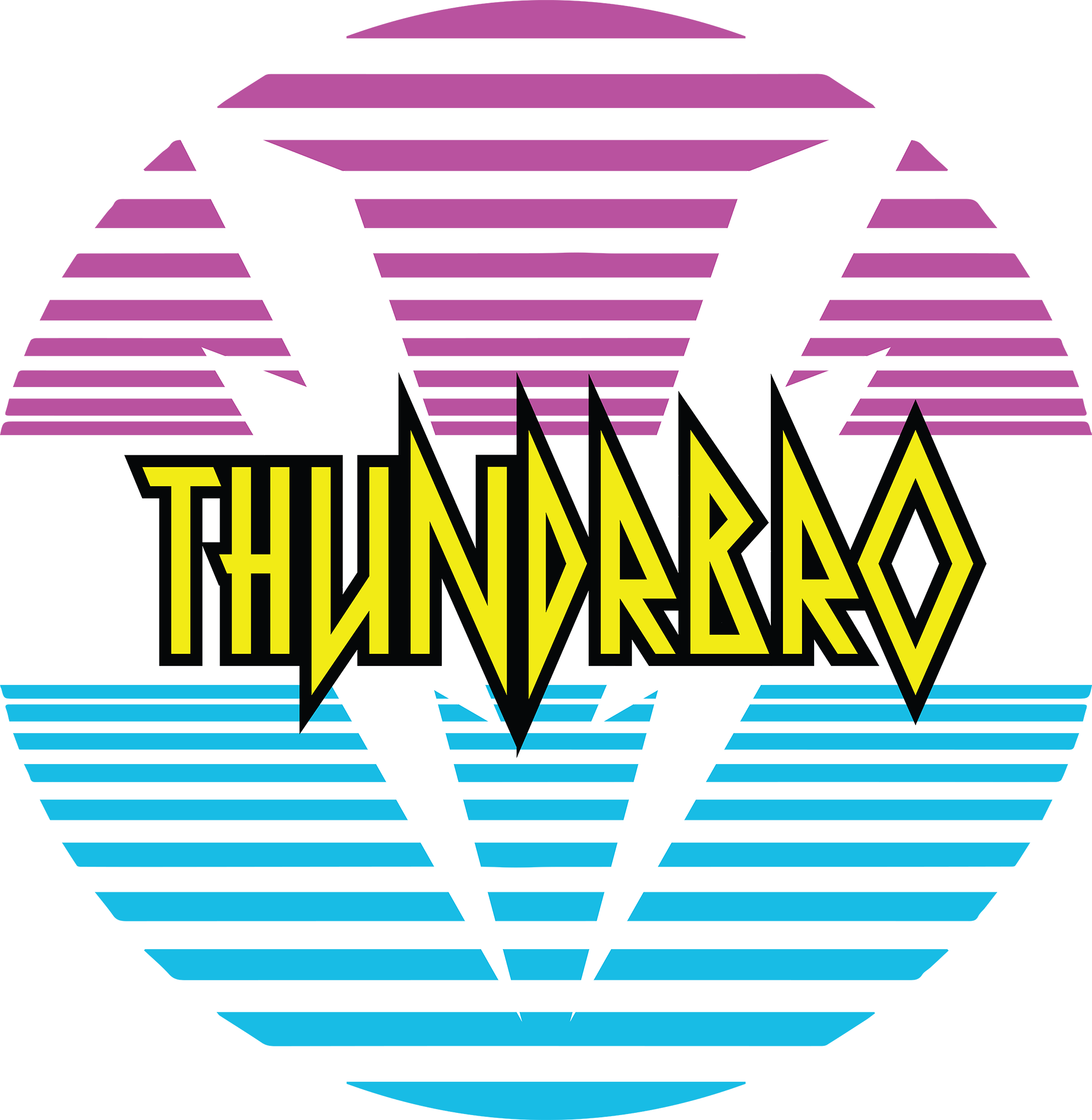In the realm of exercise physiology, muscle tension stands as a cornerstone concept. It refers to the extent of contraction or activation of muscles during physical exertion.
Muscle Tension: the extent of contraction or activation during physical exertion
Whether you’re lifting weights, engaging in resistance training, or performing any other form of exercise, your muscles undergo tension or force. This force leads to microscopic tears in the muscle fibers. These minuscule injuries, though they might sound detrimental, are actually beneficial. They act as a stimulus, prompting muscle cells to repair and rebuild. The outcome? Stronger, larger muscle fibers.
What Determines Muscle Tension?
The effectiveness of weightlifting, a popular method to enhance muscle mass, strength, and endurance, is significantly determined by muscle tension. However, muscle tension doesn’t operate in isolation. It’s influenced by a myriad of factors:
- Type of Exercise: Not all exercises exert the same level of tension on muscles. For instance, compound exercises like squats and deadlifts engage multiple muscle groups, often leading to greater tension compared to isolation exercises.
- Intensity: The harder you push yourself during a workout, the more tension your muscles experience. This is why lifting heavier weights typically results in more significant muscle growth.
- Duration: The length of your workout can also influence muscle tension. Extended periods of exercise can increase tension, but it’s essential to strike a balance to avoid overtraining.
- Genetics: Individual genetic makeup can play a role in how one’s muscles respond to tension. Some people might naturally experience more significant muscle growth from the same amount of tension compared to others.
- Workout Variables: The number of repetitions, weight lifted, sets performed, and rest intervals between sets can all influence the force and tension exerted on muscles.
How to Grow Muscles and Gain Strength Using Muscle Tension
Central to the concept of muscle tension is the recruitment of motor units. A motor unit comprises a motor neuron and the skeletal muscle fibers it innervates. These units often collaborate in groups, known as motor pools, to synchronize the contractions of a single muscle. As you exercise, your brain sends signals to these motor units, prompting them to contract and generate tension in the muscle fibers. The intensity of the exercise dictates the number of motor units recruited. The more challenging the movement, the more motor units are engaged, leading to heightened muscle tension.
In essence, if your goal is to achieve muscle growth and enhanced strength, it’s crucial to focus on exercises and routines that maximize muscle tension. By understanding and manipulating the factors that influence tension, you can tailor your workouts to achieve optimal results.
Where To Start
If this all seems a little overwhelming, don’t worry! We’ve done all the thinking for you in our programs. JoinTotal Babe for daily workouts utilizing these methods of muscle tension, or take on the 30 Day SHRED Challenge where we apply all the science of muscle tension in workouts, and pair that with tested and personalized nutrition and recovery methods to ensure you get the results you are looking for — sign up for our 30 Day SHRED Challenge
References:
- Schoenfeld, BJ. (2010). [The Mechanisms of Muscle Hypertrophy and Their Application to Resistance Training]
J Strength Cond Res, 24(10): 2857-2875.
- Hornberger, TA., & Farrar, RP. (2004). [Physiological Hypertrophy of the FHL Muscle Following 8 Weeks of Progressive Resistance Exercise in the Rat] Dept. of Kinesiology, University of Texas at Austin*.
- Lee, S., Barton, ER., Sweeney, HL., & Farrar, RP. (2004). [Viral expression of insulin-like growth factor-I enhances muscle hypertrophy in resistance-trained rats]Department of Kinesiology, University of Texas

